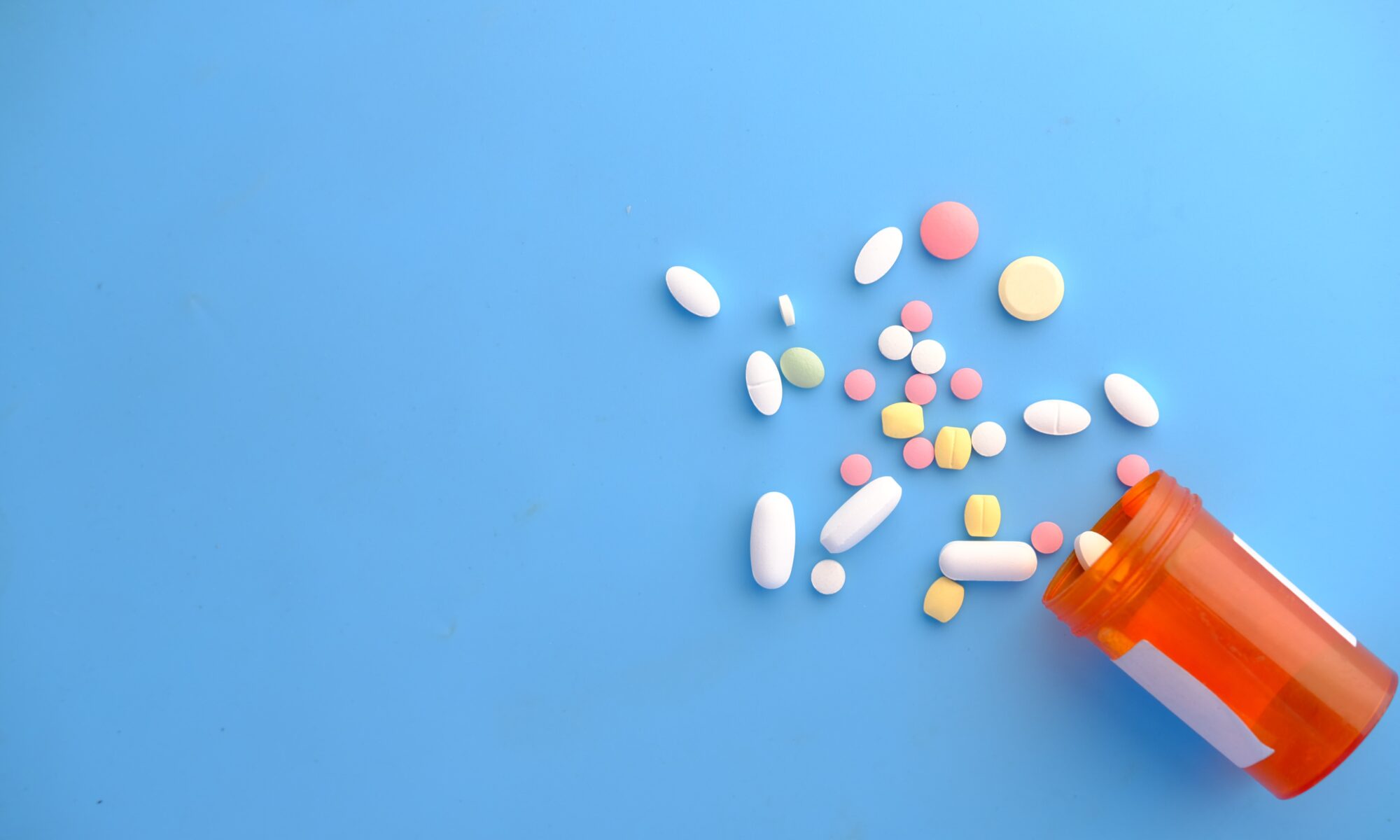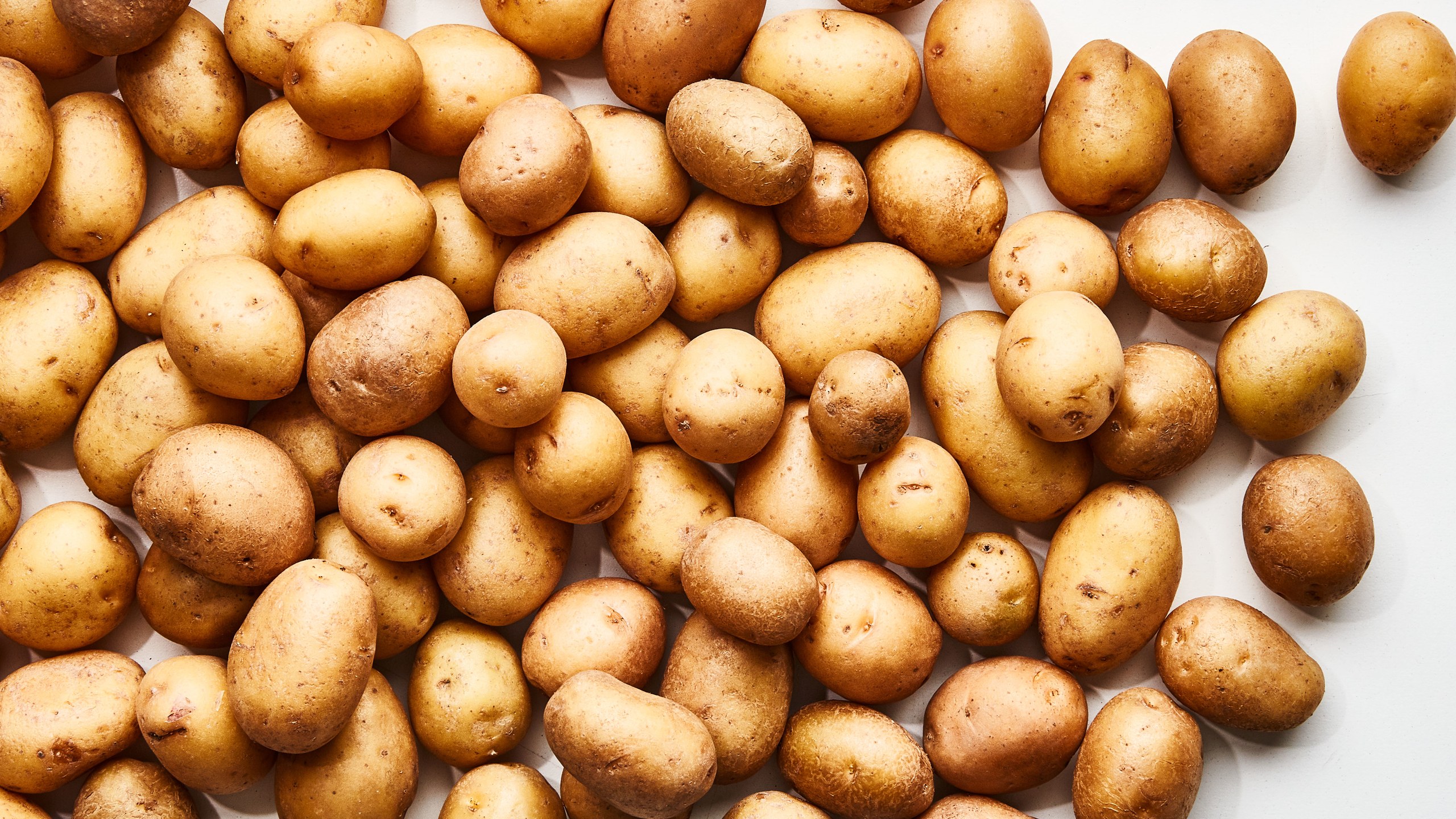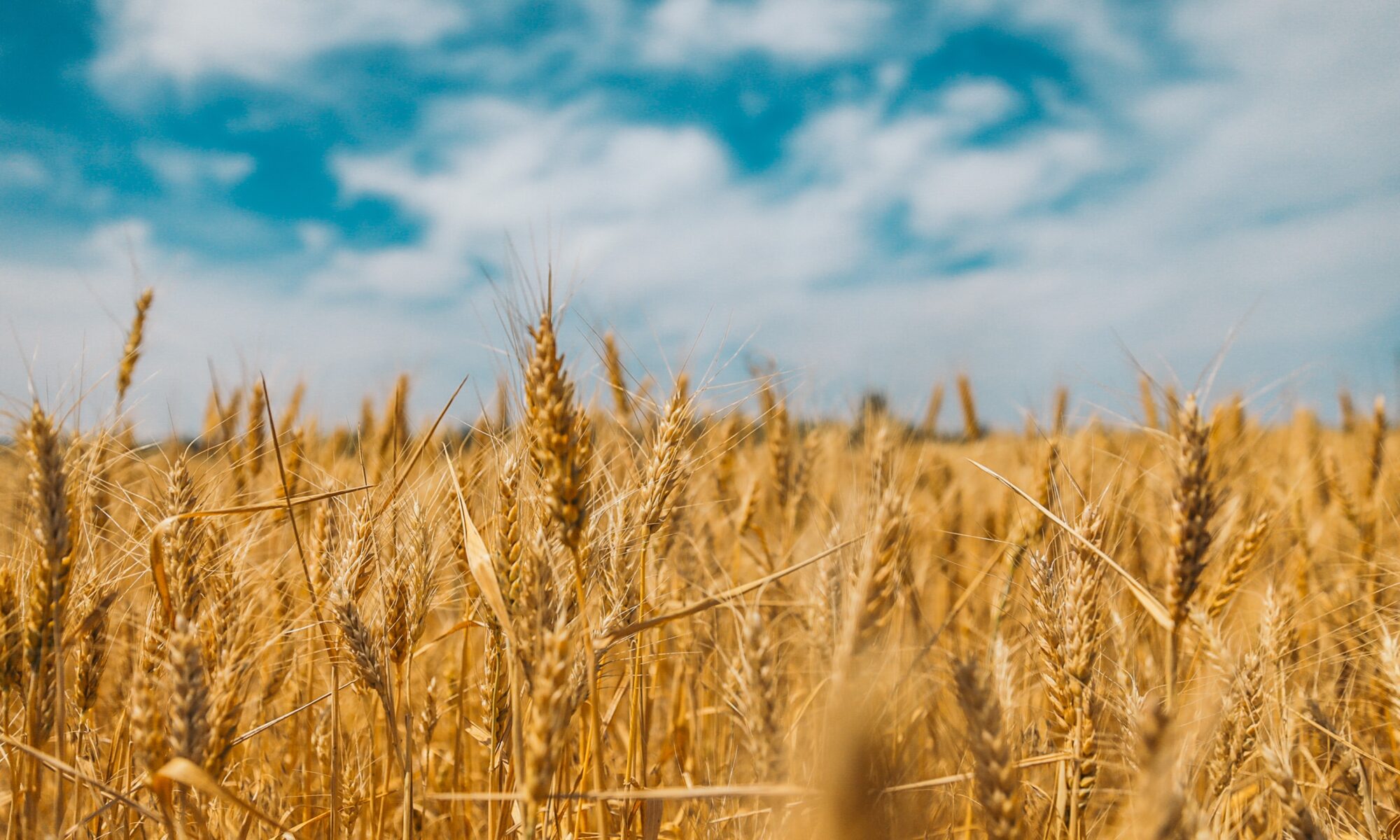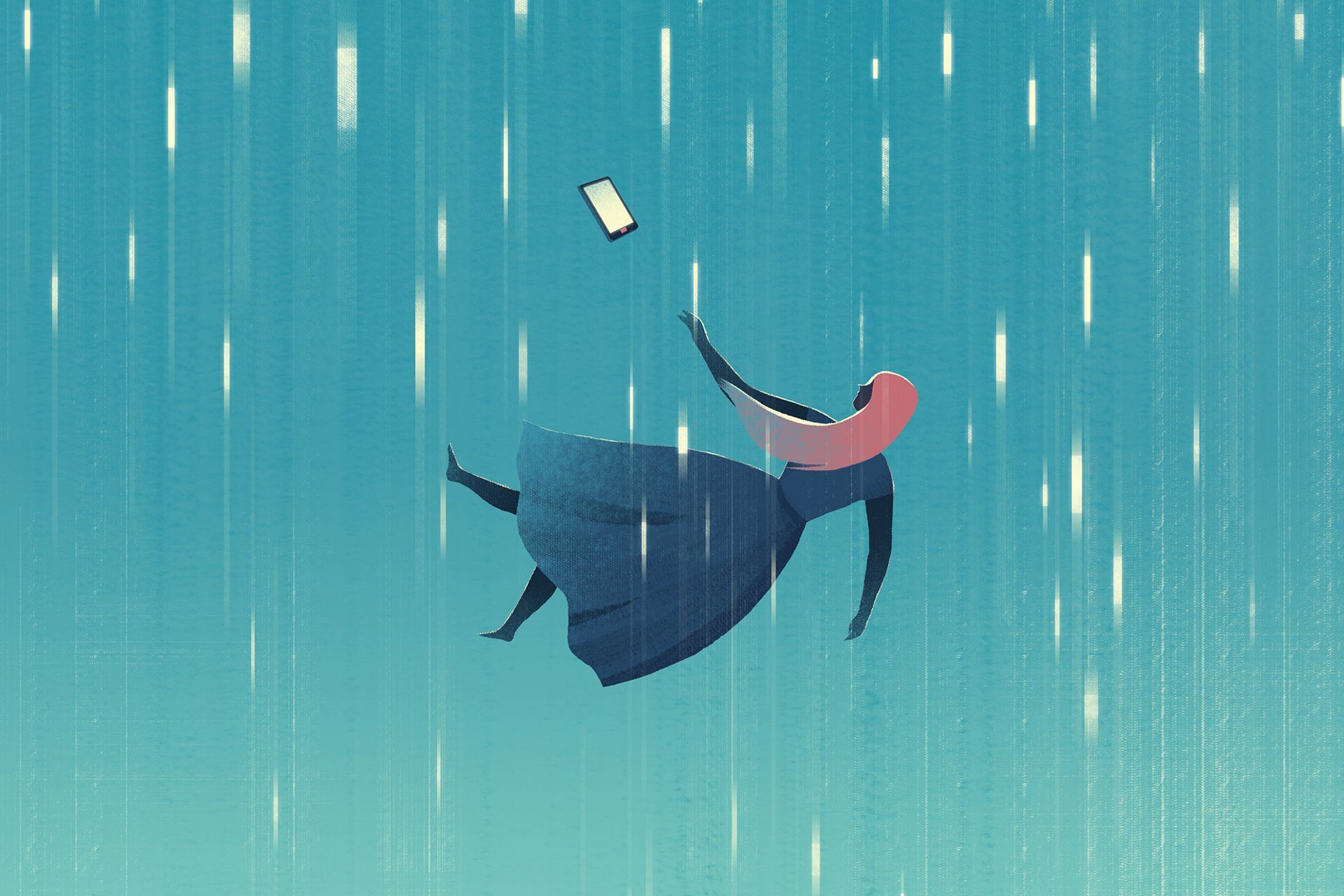I discovered that technology’s quest towards the unknown
requires us to accumulate more and more control,
whereas growing in virtue requires an altogether different capacity:
more and more surrender.
~Nipun Mehta

Believe it or not, I do not own smartphones. I’m not averse to technology. But I spend so much time on my computer engaged in research and writing that when I take a break from my work, I truly take a break. I want to be fully present in life without the temptation of looking at my smartphone. Instead of focusing on my phone, I walk down the street enjoying my surroundings and smiling at people as I pass by. If I need directions, I ask someone directly, engaging in real communication with another human being.
Along with the benefit of being engaged in life, removing myself from the seductive pull of technology frees up time for my mind to wander, which is essential to creative thought and wellbeing.
On average, people in the U.S. check their smartphones 46 times per day (up from 33 times per day in 2014). And it’s worse for users in the U.K. A study by Nottingham Trent University found that adults ages 18-33 checked their smartphones 85 times a day, or once every 10 minutes—and they don’t even know they are doing it.1
We are giving up our uniqueness as individuals, becoming mere facts and statistics plugged into technology and artificial intelligence. Many believe this is a good thing and will improve our lives. But as we create smarter robots that are increasingly human-like, humans are at the same time becoming more robot-like. What happens to the human spirit in this race for technology?
I am deeply concerned about the physical, emotional, and spiritual price we are paying for technology, which is advancing at a speed that is impossible for us to adjust to. Drug addiction, drug overdosing, and suicide are epidemic in our society, and feelings of isolation are a primary cause. Social interaction is emerging as perhaps the single most important factor to a long, healthy and happy life, but overdosing on technology leads to isolation, not interaction.
My new motto has become: “Together we heal.” Continue reading “Are Smartphones and Social Media Our #1 Threat to a Healthy Life?”






